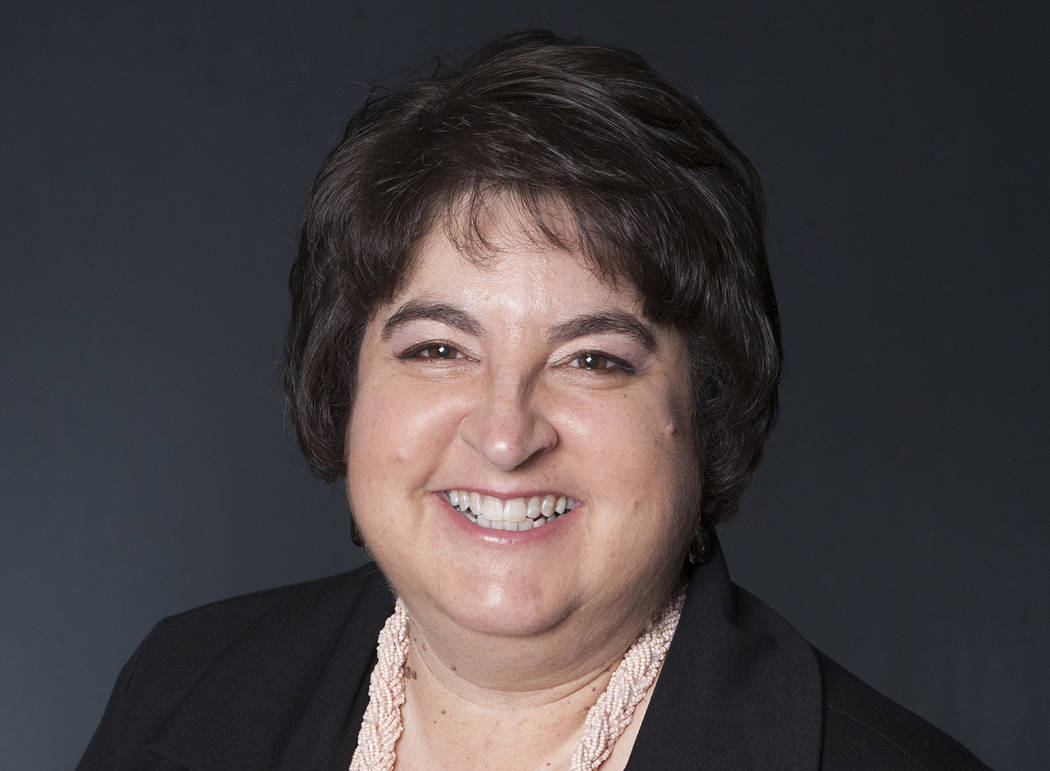
When I was growing up and trying to determine a career path, being a journalist was a noble profession. This was especially true in the wake of the Watergate scandal and for someone with the last name of Bernstein. It seemed like destiny.
Fast forward a few decades and things have changed drastically. Now it seems that people need constant reminders that good journalists are still out there, working day and night to keep them informed about what’s going on in the world and in their neighborhoods.
I saw two perfect examples of this Sunday. CBS News aired a commercial touting the many ways and programs it offers that provide “real news” to its viewers. The other was The Washington Post’s ad that aired during the Super Bowl.
The Post’s message is the heart of what journalism is all about: “Because knowing empowers us. Knowing helps us decide. Knowing keeps us free. Democracy dies in darkness.”
It’s sad that an industry that has such a long, important and storied history in this country has to defend itself.
While newspapers have been published in the United States since before it was an independent nation, they are becoming an endangered species. In the past decade, the number of newspapers has steadily declined and even more so the number of journalists at those papers.
According to the Pew Research Center, from 2008 to 2017, newspaper newsrooms saw a decline of 45 percent — or 32,000 jobs lost.
Overall, newsroom employment — which includes radio, broadcast television, cable and “other information sources” — dropped 23 percent in those same years.
Too many times I have sat in newsrooms, with an aching pit in my stomach, watching as friends and colleagues’ jobs were cut. At the same time I prayed that my telephone didn’t ring or that I didn’t receive an email from human resources telling me to come to the office because my position had been eliminated.
But there is hope.
Though I would hate to see actual newspapers disappear, even electronic news media sites will need someone to be on the scene of noteworthy events and write the news. And colleges across the nation are still training people how to be a good journalist.
In early January, I was asked by the executive director of the Texas Collegiate Press Association to help judge its annual student media contest. I’m not quite sure how I was selected as I have no ties to any colleges in Texas, but I’m glad I was. I quickly agreed to help. I believe it’s essential for working journalists to do what they can to help preserve the industry — one that I love and have devoted decades of my life to.
The entries submitted include some outstanding work by young journalists. They weren’t afraid to tackle tough subjects like conservation, pollution, the soaring costs of getting an education and the need for child care on campuses for older students.
Along with my recommendations for who should win awards will be some notes on how to improve their writing. I hope they are taken in the spirit they are given: to create the next generation of Bernstein-inspired journalists.
Hali Bernstein Saylor is editor of the Boulder City Review. She can be reached at hsaylor@bouldercityreview.com or at 702-586-9523. Follow @HalisComment on Twitter.